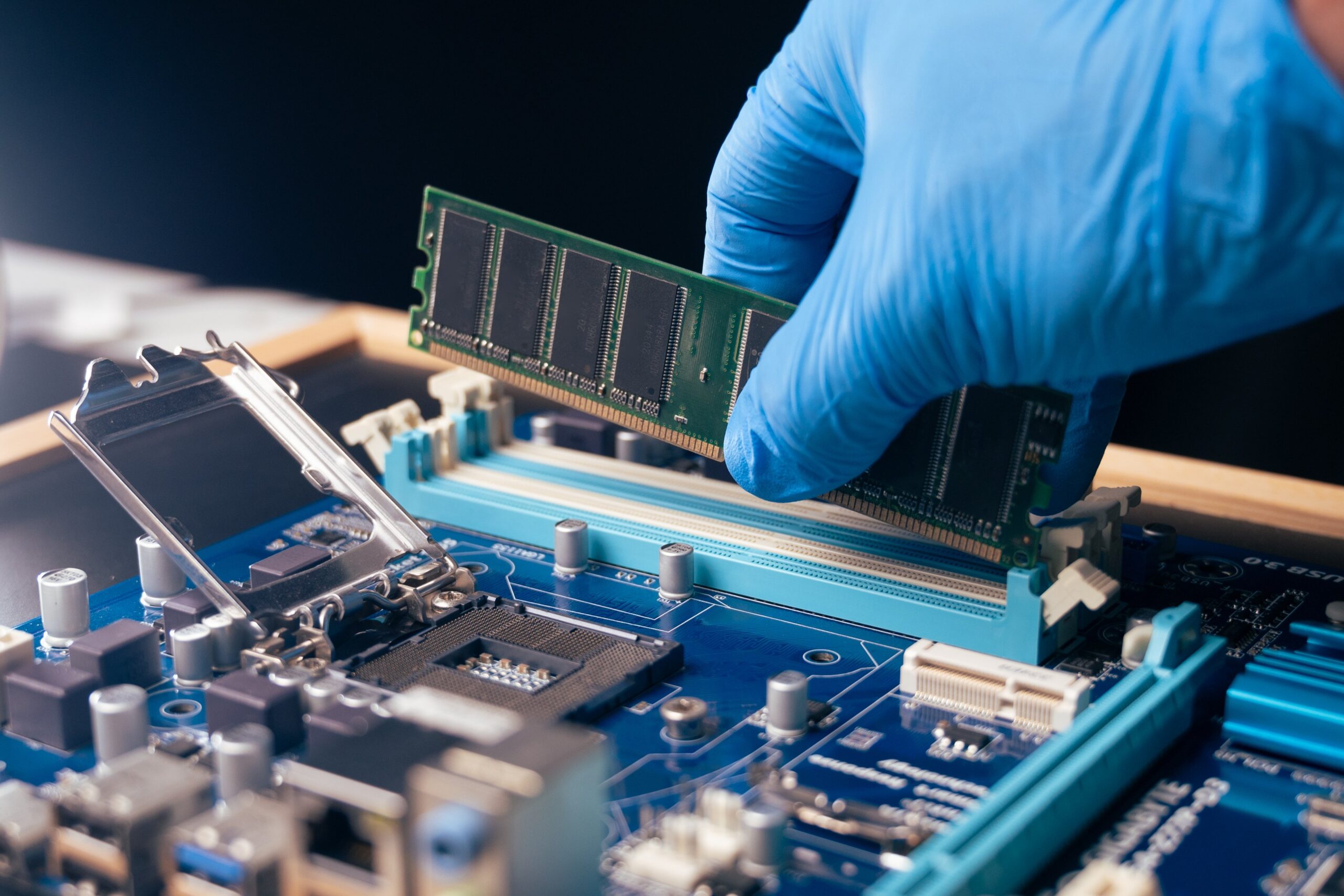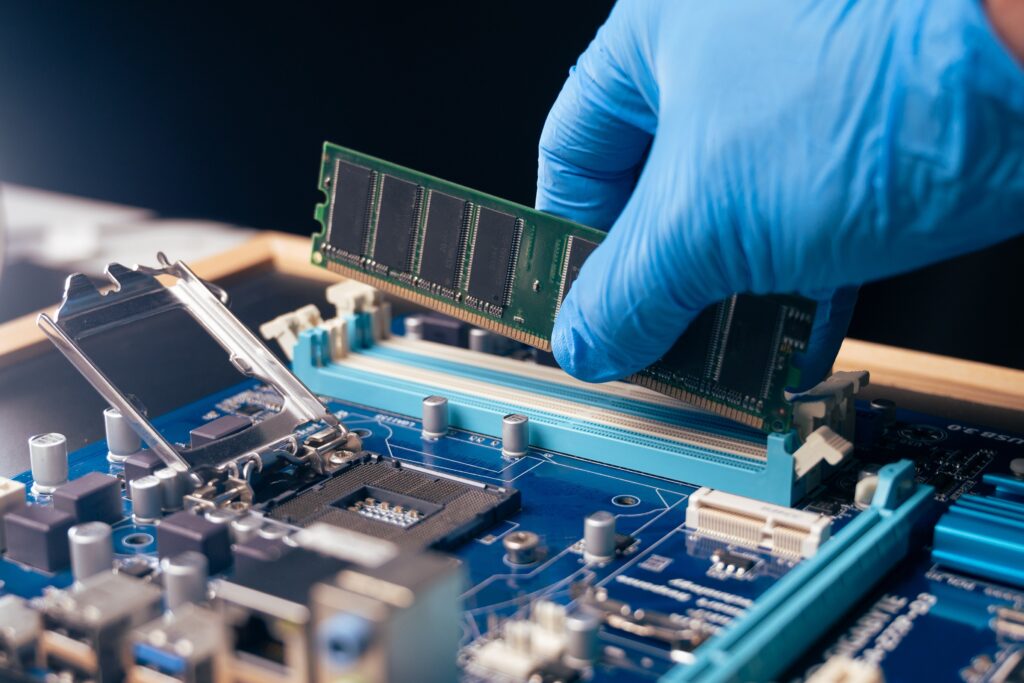
Being a consumer has been challenging over the past few years. Between a global pandemic and sweeping tariffs, wallets have taken repeated hits — but for PC hobbyists right now, it might actually be the worst moment to start building a rig.
New reporting from Ars Technica lays out just how dire the situation has become, showing that prices for essential PC components, such as RAM and SSDs, have skyrocketed. The culprit is the ongoing AI boom, with data centers reportedly consuming the world’s supply of memory and storage hardware, driving prices straight into the stratosphere.
Take the Patriot Viper Venom 16GB (2 x 8GB) DDR5-6000 kit, which increased from $49 to $110 — a 124.5 percent rise — between August and November 2025. Or the Team Delta RGB 64GB (2 x 32GB) DDR5-6400, which skyrocketed from $190 to $700, a staggering 268.4 percent spike. At the time of this writing, the Team Delta RAM kit priced has “dropped” with its highest recent retail price topping out at a jaw-dropping $1,049 just a week ago.
SSD prices have crept upward, too, though they haven’t entered panic territory yet. RAM, however, is a different story. If you’re eyeing an upgrade, you may want to sit tight for a bit.
As Ars Technica points out, memory and storage shortages are notoriously difficult to manage because chip manufacturing depends on years of advance planning. The supply we’re dealing with today is the result of production decisions made long before the current AI-driven surge in demand. That inherent lag makes the memory market especially prone to violent price swings.
The pandemic offered a perfect example. Manufacturers were blindsided by the sudden, massive spike in demand for PCs and consumer tech in 2020 and 2021, only to watch that demand crater once buying habits normalized. PC sales soared, plummeted, then stabilized — all within a few years. Volatility like that makes long-term planning almost impossible for memory suppliers.
Until the supply of RAM catches up to the appetite of data centers and AI developers, anyone looking to boost their RAM is probably best off waiting for the market to cool down rather than paying the current premium.







